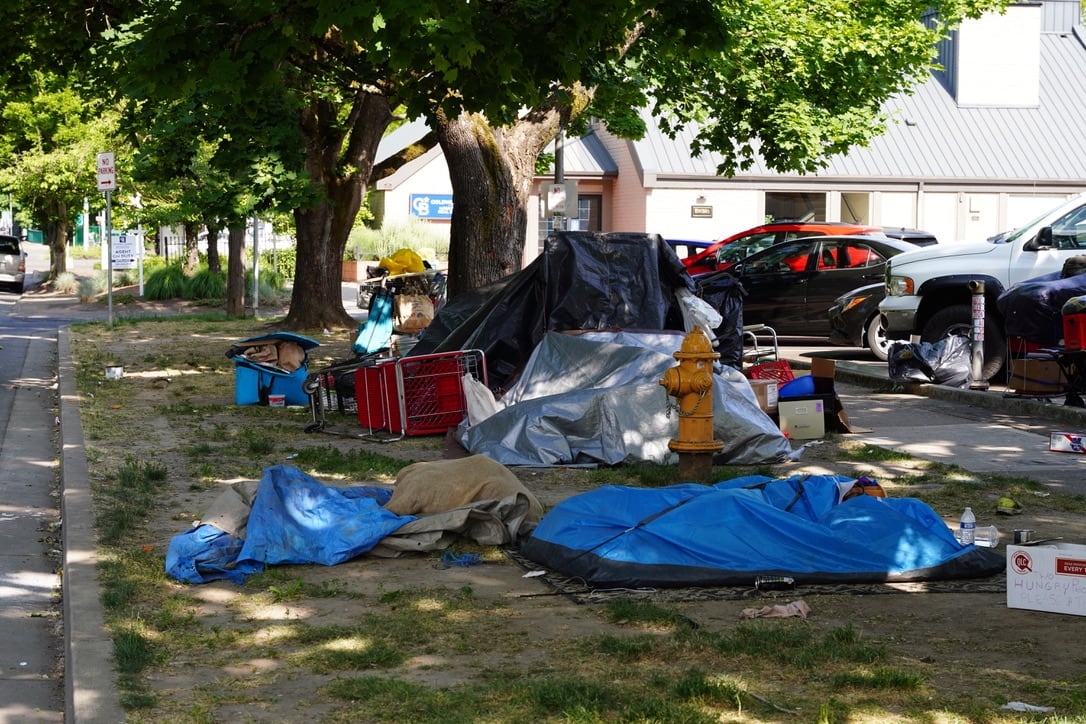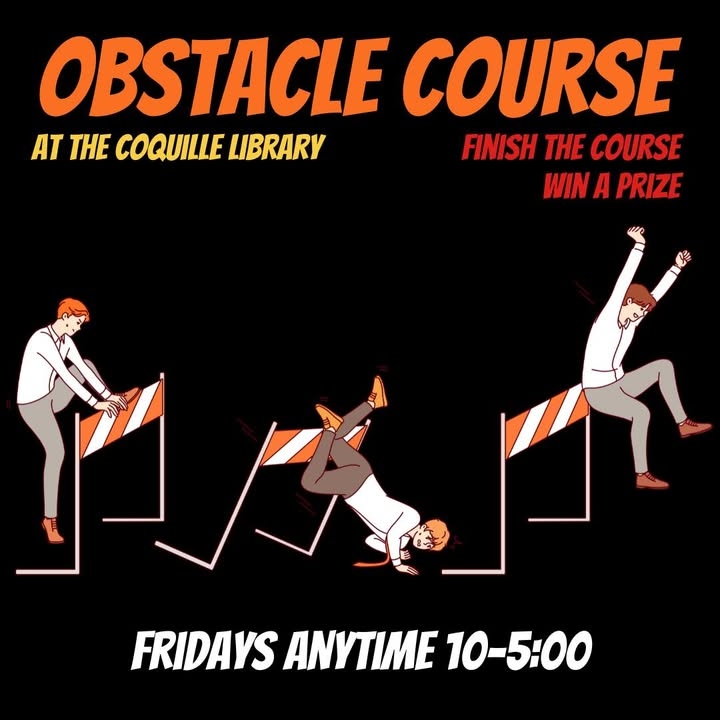

Published on: 08/16/2025
This news was posted by Oregon Today News
Description

A southern Oregon city that gained national attention for its practice of punishing homeless people for camping outside has agreed to provide at least 150 spaces for individuals to do so after a lawsuit alleged its practices discriminated against disabled individuals.
The city of Grants Pass won a major U.S. Supreme Court case in June 2024, reversing an earlier appeals court ruling that a city ordinance barring homeless people from using blankets, pillows or cardboard while sleeping outside violated the U.S. Constitution’s protections against cruel and unusual punishment.
That Supreme Court ruling cleared the way for more stringent restrictions on homeless individuals in the West, but in Oregon, a state law only allows cities to regulate sleeping outside if those regulations are “objectively reasonable” to time, place and manner. Grants Pass responded by passing ordinances that allow people to stay in designated areas only between 5 p.m. and 7 a.m. and to remove tents or other supplies each morning or face a $75 citation.
Grants Pass City Council votes to settle homelessness lawsuit
Disability rights advocates and five homeless individuals sued, and the city reached a settlement this month. The settlement says the city will offer at least 150 units of camping spaces for homeless individuals. The city must also provide drinking water at any approved camping sites, and the property must be in compliance with the Americans with Disabilities Act for the next year.
“Oregon can’t arrest its way out of homelessness, and we are pleased the city has committed to developing more humane and legally compliant approaches to this public health crisis,” said Jake Cornett, executive director and CEO of the Portland-based Disability Rights Oregon, in a statement. “This settlement represents a significant step forward in ensuring people with disabilities experiencing homelessness have places to rest, basic necessities like drinking water and real opportunity to stabilize their lives.”
The city had limited homeless people to stay and sleep in just one site with about 30 tents at any given time, prompting concerns about overcrowding and a lack of drinking water. In January, local officials closed another site with space for about 120 tents.
Disability Rights Oregon and the Oregon Law Center cited Oregon’s anti-discrimination law for disabled individuals in their January lawsuit. They won a two-week temporary restraining order in February prohibiting the city from enforcing penalties and restricting camping to the city’s one site for tents.
Since then, Circuit Court Judge Sarah E. McGlaughlin has ordered the city to halt enforcement of its ordinances against homeless encampments until the city restored capacity for 150 tents, exempting several parks from her mandate. The city and plaintiffs have agreed that the additional capacity for campaign will be on property owned by the city or operated by a third-party city contractor, according to the settlement.
The city will also install shade at drinking facilities and award a $60,000 grant to a local nonprofit to provide services for homeless residents. The facility receiving the money must have bathrooms.
Grants Pass won legal fight on camps — but continues to lose control of its homelessness crisis
Homeless individuals with disabilities spoke out
The lawsuit launched by disability rights advocates was driven by stories of homeless people with chronic pain and health conditions being forced to constantly move their belongings and lives every day in the city.
One such case involves 57-year-old Janine Harris, who suffers from arthritis, vertigo and chronic headaches. She previously told the Capital Chronicle that her health problems made her give up a job as a caregiver and she has been homeless for four years. She has to collect her belongings in a wagon she carries around.
“Being homeless is really hard on a person’s body, especially if you have physical disabilities,” Harris wrote in a court declaration. “I just want everyone to know that a lot of people who are living outside are people, just like them, who are doing their best to get by.”
In a statement following the settlement, Allison Nasson, a staff attorney at the Oregon Law Center, cautioned against policies mandating homeless residents continuously relocate.
“Requiring people to ‘move along’ everyday doesn’t get people into housing, it just makes life harder and more dangerous,” she wrote. “When you have been forced to live outside, you still need water, a bathroom, and a place to rest.”
Grants Pass City Manager Aaron Cubic did not immediately respond to a request for comment. Under the agreement, the city will also pay $85,000 to Disability Rights Oregon, allowing it to forgo any further obligation to pay legal fees.
Oregon Capital Chronicle is part of States Newsroom, a network of news bureaus supported by grants and a coalition of donors as a 501(c)(3) public charity. Oregon Capital Chronicle maintains editorial independence. Contact Editor Julia Shumway for questions: [email protected]. Follow Oregon Capital Chronicle on FacebookandBluesky.
This republished story is part of OPB’s broader effort to ensure that everyone in our region has access to quality journalism that informs, entertains and enriches their lives. To learn more, visit opb.org/partnerships.
News Source : https://www.opb.org/article/2025/08/16/grants-pass-camping-spaces-disability-rights/
Other Related News
08/16/2025
Last chance to run the course and win a prize
08/16/2025
The nurses are seeking fairer compensation better health care options and a voice in issue...
08/16/2025
While it is not forecasted to hit land strong winds are affecting nearby islands raising c...
08/16/2025
The US State Department said Saturday that its stopping all visitor visas for people from ...
08/16/2025








